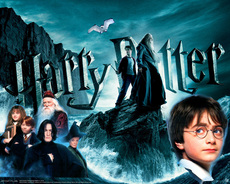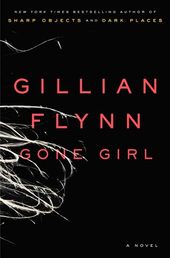|
by Karen Holloway  image credit: ThinkGeek image credit: ThinkGeek A magazine exists, as part of a graduate program at the university where you are a grad student. You are an editor for this literary magazine. Your professor / managing editor gives you an assignment: Choose a specific and interesting literary-based topic and write an editorial. Add to the current discussions on this topic. 800-1500 words.
1 Comment
by Cherita Harrell  It’s no secret that we’re in the midst of a digital era. Our lives are consumed with technology, and we’re surrounded by digital natives—or what writer Marc Prensky defines in his article Digital Natives, Digital Immigrants, as a person born during or after the general introduction of digital technologies, and through interaction, has a greater understanding of its concepts. These digital natives spend most of their time fiddling with their iToys as they immerse themselves in forms of instantaneous communication. They are addicted to their gadgets, and are slaves to the conveniences of their smart phones, tablets, and social networking websites. Their devotion to technology is evident in the songs they listen to, and the movies they watch. It’s difficult to imagine, especially with so many sources encouraging our consumption of digital media, that there is a way for us to escape the pings, beeps and vibrations of our electronic lifelines. However, although digital technology is prevalent in our lives, there are some forms of entertainment that provide us with the opportunity to escape our digital leashes—forms of entertainment such as fantasy fiction.  by Antonia Dibona Entertainment Weekly lists their favorite reads each year, such as the popular thriller by Gillian Flynn Gone Girl. I picked up a copy with the intent to be entertained. I was expecting a satisfying read in which everything wraps up into a tidy ending and the bad guys lose and the good guys win. What I wasn’t expecting was for this book to make me think; in particular think about villains in popular literature. |
Archives
July 2024
Categories
All
|
|
Glassworks is a publication of Rowan University's Master of Arts in Writing 260 Victoria Street • Glassboro, New Jersey 08028 [email protected] |
All Content on this Site (c) 2024 Glassworks
|

 RSS Feed
RSS Feed
